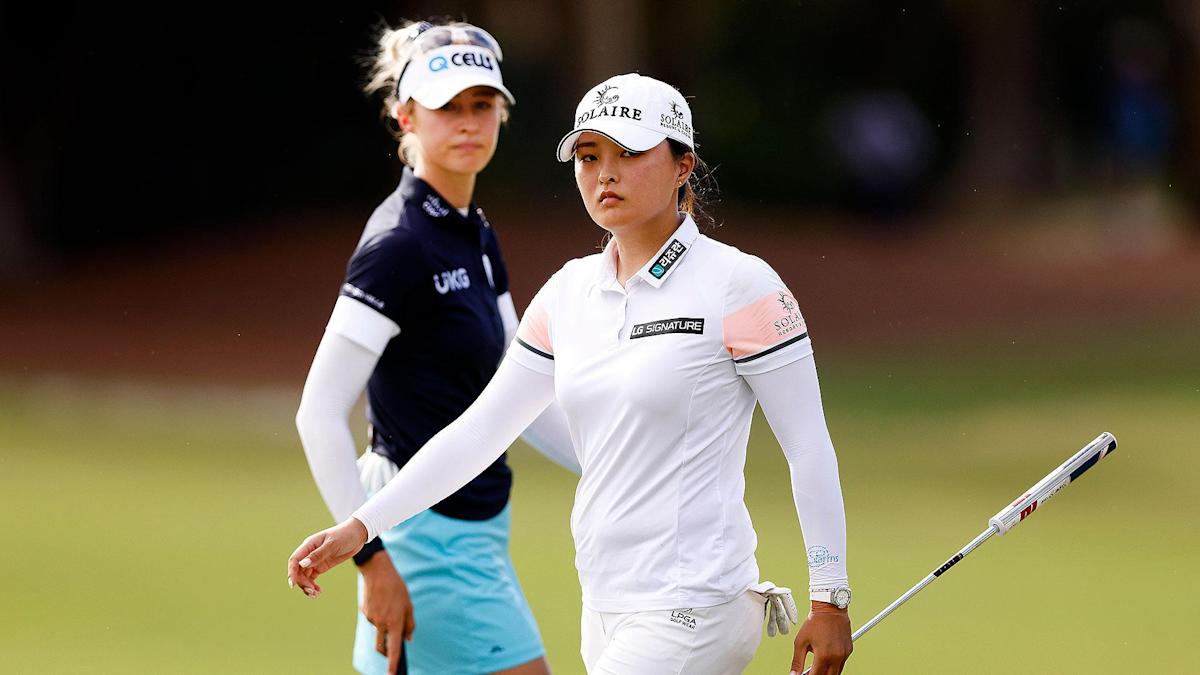
Females face many barriers in the sport. Women weren't allowed to participate in professional sports leagues and compete at the highest levels of competition. They were too infirm to play high-impact sports or were too busy taking care of the household. They were limited to teaching, secretarial, crossing guard, and other jobs in the sports industry.
Less opportunities
Many women are less likely to be involved in sports than their male peers. This can often be attributed to the social stigma that is associated with female athletes. This stigma is not just limited to certain conferences or geographic regions. It can also extend to the fact that girls in low-income communities often lack resources and opportunity for sports.
Media attention is lower
Despite the fact that women athletes make up more of professional athletes than their male counterparts, they still get less media attention than their male counterparts. This is despite the fact that female athletes put in just as much work as male athletes. Female sports are generally less covered than male sports. Media attention is more focused on talent and appearance than on individual achievement and team performance.
Less expectations
Many factors can affect women's participation. Female athletes are likely not to be allowed into sports that are dominated by their gender. These differences could be due biological differences or to the different socialization of boys & girls.
Transgender females participate in sports
Since the IOC introduced trans policies more than two decades back, lawmakers have tried to ban transgender males from engaging in recreational sports. But transgender women face disproportionate amounts of discrimination, harassment, and violence, and attempts to bar them are not only transphobic and dangerous, but also undermine their cause.
Title IX
Title IX, a federal law that guarantees women's rights in sport, is Title IX. Women from historically underrepresented communities are not getting the full benefits of Title IX. The Women's Sports Foundation has found that girls from predominantly black schools have only 67% of the athletic opportunities available to them, as opposed to 82% in predominantly white schools.
Flo advocates for women in sports
Flo McLean was the seventh of eleven children. She grew up in Los Angeles. She was told from an early age that she needed to act quickly in order to obtain what she desired. After her parents split, she moved with the mother to Watts, a densely populated and under-resourced neighborhood. She eventually found her way to Sugar Ray Robinson Youth Foundation. This foundation provided youth with athletic opportunities.